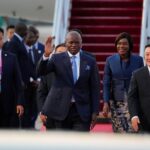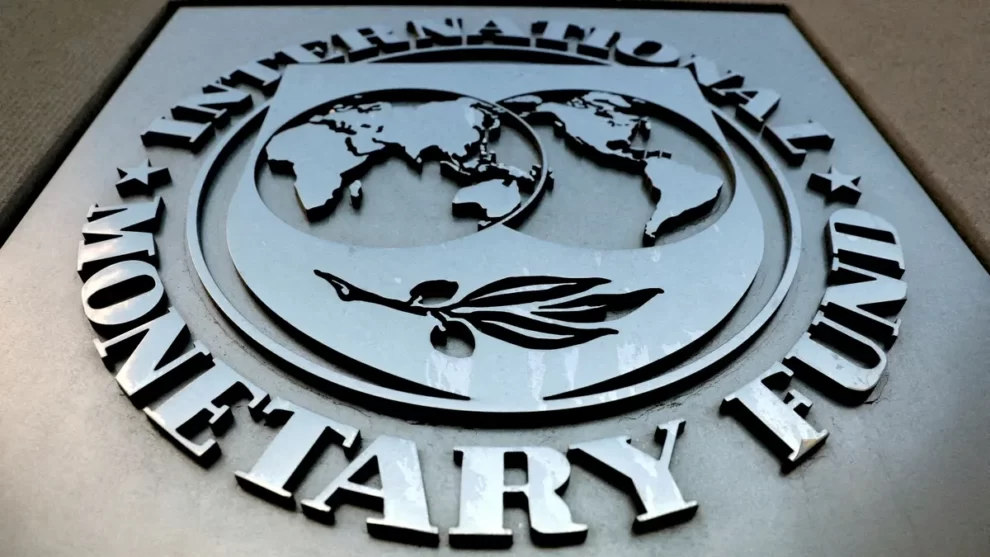The International Monetary Fund (IMF) has reached a staff-level agreement with Zambia on the second review of its Extended Credit Facility (ECF), making another $184 million available upon IMF board approval. This significant development marks a progressive stride in Zambia’s economic stabilization and its ongoing dialogue with global creditors.
The Agreement and its Implications
The IMF’s mission chief for Zambia commended Zambia’s memorandum of understanding with its official creditors and the continued discussions with private creditors regarding debt restructuring. The chief further suggested that Zambia might need to implement stricter monetary policies to curb inflation and underscored the importance of building reserves to bolster the nation’s external resilience. This financial support from the IMF is a critical move in Zambia’s broader economic recovery plan and its intention to manage its debt sustainably.
Earlier Setbacks and Future Hopes
Earlier, Zambia encountered a significant obstacle in its debt-restructuring efforts when the government stated a revised deal to rework $3 billion of Eurobonds could not be implemented due to objections from official creditors, including China. Despite these setbacks, Zambia remains engaged in close consultations with its creditors to expedite the debt restructuring process, aligning it with the broader objectives of the IMF program.
Key Outcomes of the Agreement
With the successful conclusion of the second review of the 38-month ECF-supported program, Zambia is expected to gain access to approximately $184 million in financing. This brings the total IMF financial support disbursed under the arrangement to around US$555.7 million. The IMF emphasized the importance of proactive reform efforts, particularly in light of external risks resulting from global economic uncertainty, commodity price volatility, and regional conflicts.
Source: BNN Breaking











